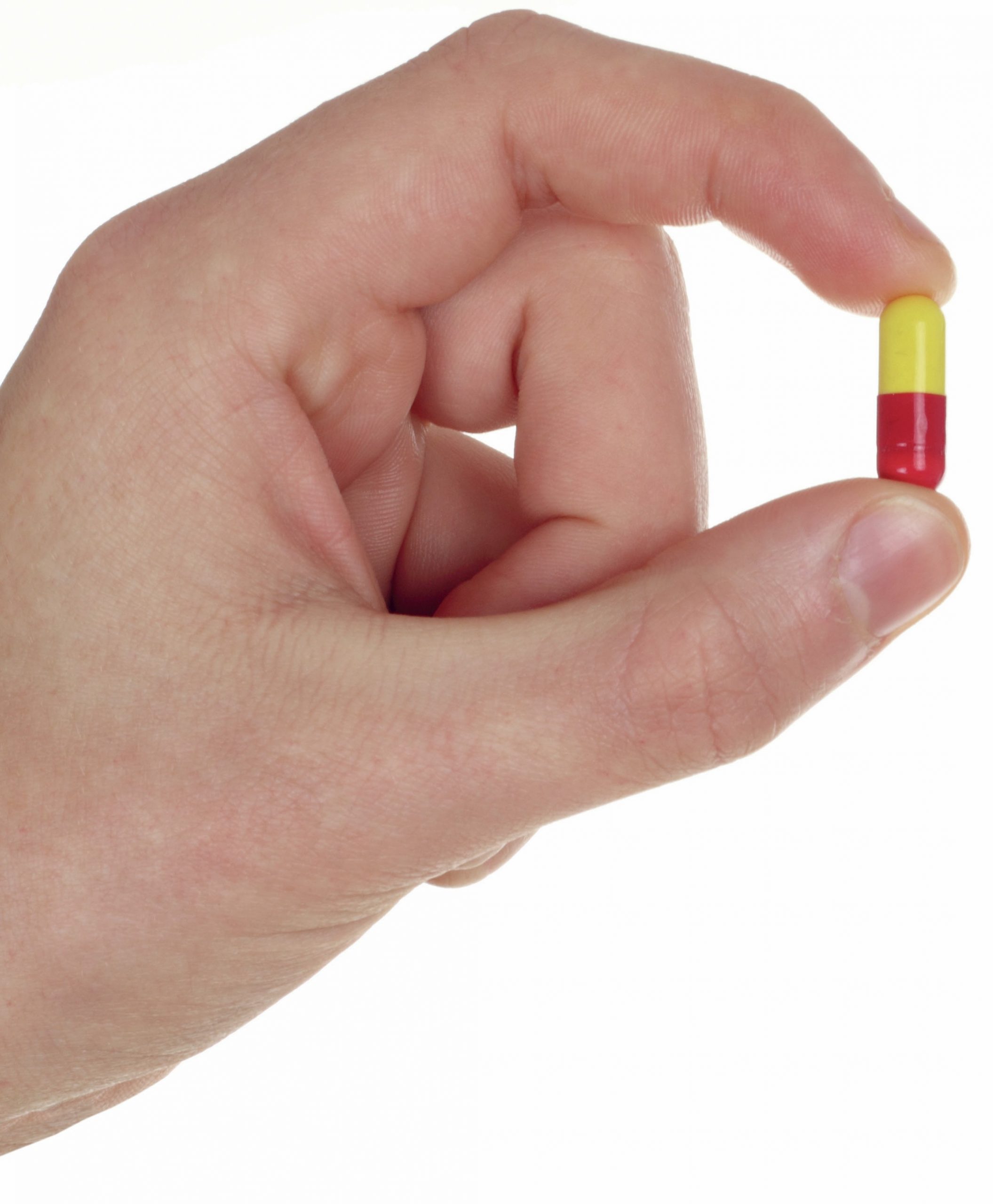
placebos, placebo response, placebo effect, antidepressants, randomised control trials (RCTs)
Generally, a placebo is an intervention (pharmacological and non-pharmacological) that does not have a direct, specific effect for the condition being treated (for example, cancer). The word ‘placebo’ in Latin means ‘I shall please’. It often looks like the real treatment or looks like it has the same effect as the real treatment so that patients believe in their effect. It can take any form depending on the situation, for example, pills that are identical to real drugs, sham acupuncture (inserting a needle but not into the target point) or nonspecific supportive psychotherapy.
Your organisation does not have access to this article.
Sign up today to give your students the edge they need to achieve their best grades with subject expertise
Subscribe




